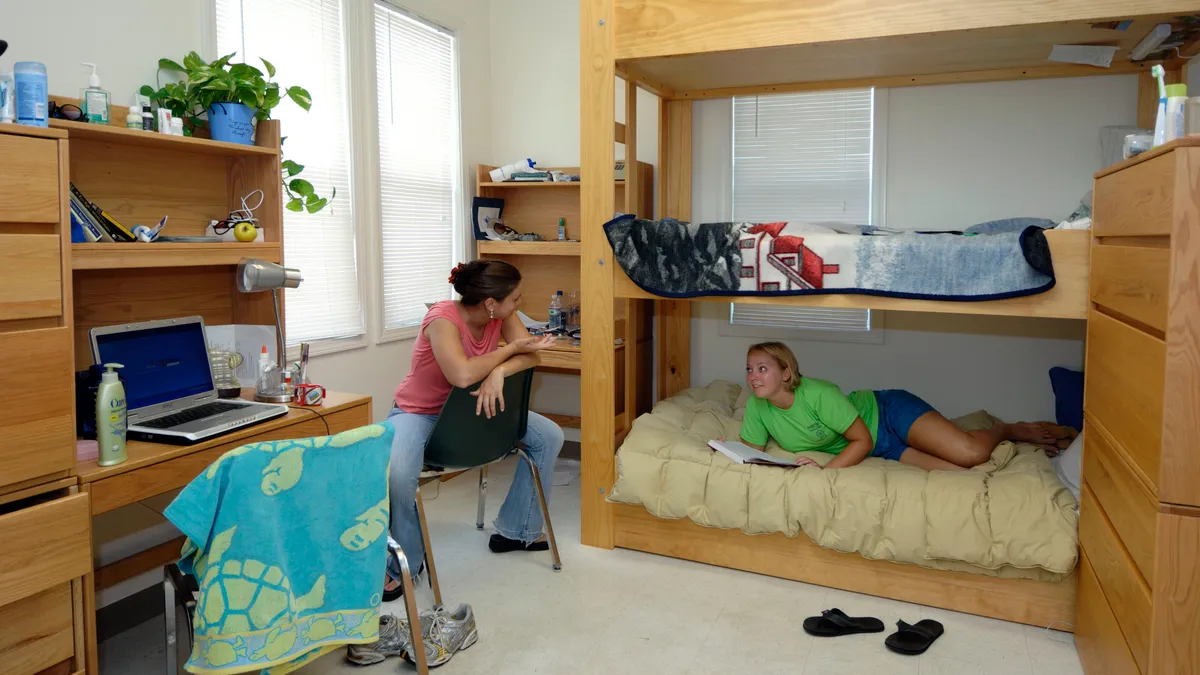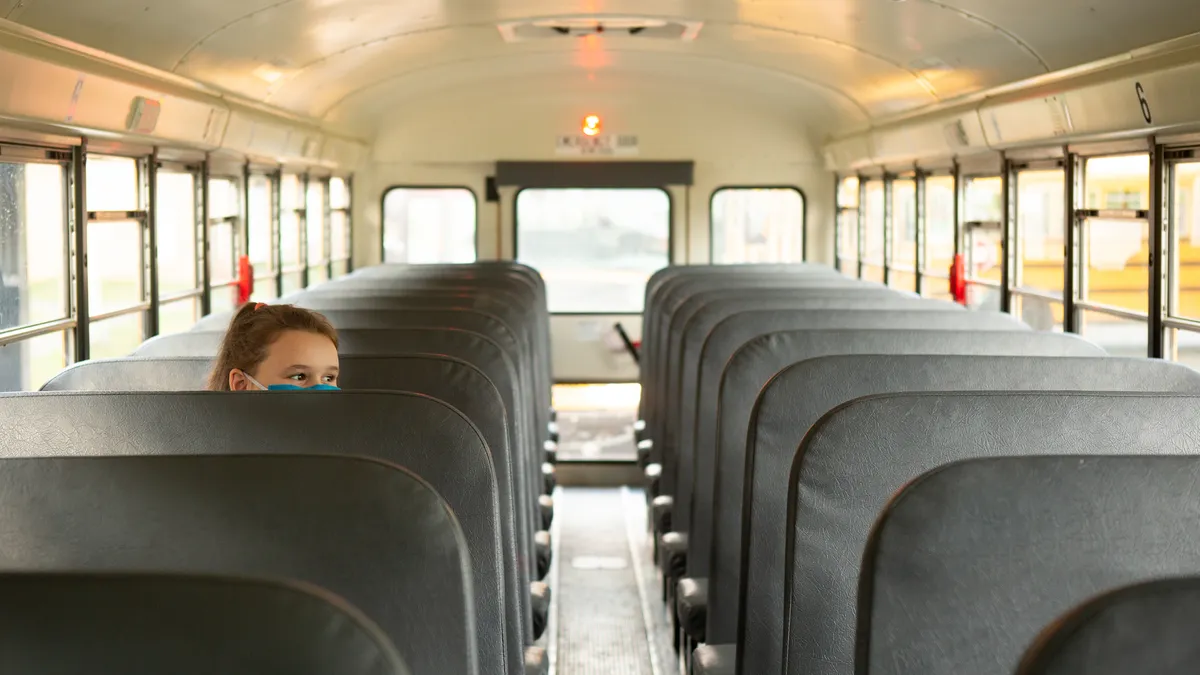Dive Brief:
- A new report from the Thomas B. Fordham Institute analyzes whether 17 ESSA plans turned in so far are fair along three main factors: transparency in school ratings, focus on all students, and equal opportunity across all schools, including those with underserved students, reports Education Week. The report ranks states in these categories along metrics of weak, medium, and strong.
- Seven states and D.C. rose to the top of Fordham's rankings with least two "strong" rankings across the different categories, with Arizona, Colorado, and Illinois getting the "strong" in all three. on the flipside, North Dakota received weak along all categories.
- Release of this analysis comes at the same time that Secretary DeVos has been receiving criticism from state education officials and Democrats alike over her ESSA review and feedback process, as reported by Education Week. Though it should be noted Fordham is often cited as being right-leaning, its insight on the medium to weak nature of many state ESSA plans in serving all students and parents may validate the Secretary's feedback process and emphasis on state plans reaching all types of families.
Dive Insight:
When ESSA was put on the table, it came with the promise of offering states more flexibility in how they wanted to create their accountability standards for meeting student achievement benchmarks. For many, it signaled a shift from the perceived overextended federal oversight that came with No Child Left Behind and Race to the Top measures, where federal funding for state education systems were tied to progress in standardized testing. When those accountability measures were removed with the turn of the Trump Administration, state officials weren't expecting Secretary DeVos to provide so much of a say in how state's were crafting their plans.
Regardless of the criticism directed toward the Department of Education, it's important to note that funding for states is not tied to accountability measures in ESSA plans — which is still a shift away from NCLB policies. Rather, the Secretary's somewhat hardline approach on state plans and whether they actually fairly meet the needs of all types of students goes back to what she had been saying all along, which is that she was focusing on improving outcomes for low-income, minority children. And increasingly, education advocates have been noting that the school system overall is unequal and needs to be turned on its head.
Now criticism over the department has an added layer, as two Democrats have come out and said that the Department's new feedback process of offering two hour phone calls is a violation of law, because other states that already turned in plans got a different review process. But even so, other Democrats like Peter Cunningham, former assistant secretary for communication at the Department of Education under Obama, wrote that entire education pipeline is systemically unequal. And Fordham's report seems to validate the added emphasis from the Department on making sure that state officials are actually committed to serving all students.






 Dive Awards
Dive Awards






